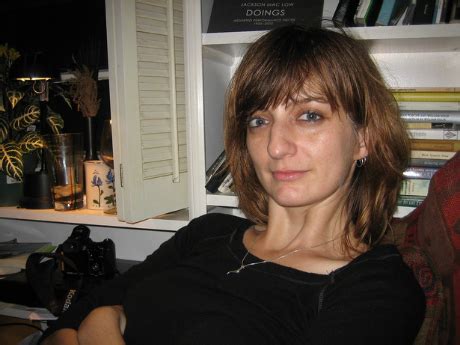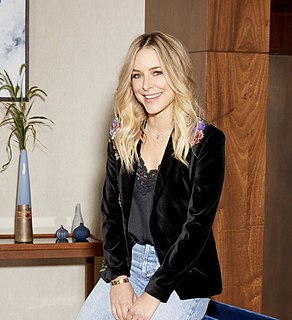A Quote by Matthew Tobin Anderson
The bedroom in my apartment is far too small to hold a nightstand. There is, however, this bookshelf. Yes, I stow whatever I'm reading on the lower shelf, but more importantly, it's where I keep a collection of ghost books.
Related Quotes
It has always been my experience that, whatever groupings I choose for my books, the space in which I plan to lodge them necessarily reshapes my choice and, more important, in no time proves too small for them and forces me to change my arrangement. In a library, no empty shelf remains empty for long. Like Nature, libraries abhor a vacuum, and the problem of space is inherent in the very nature of any collection of books.
Books are what you step on to take you to a higher shelf. The higher your stack of books, the higher the shelf you can reach. Want to reach higher? Stack some more books under your feet! Reading is what brings us to new knowledge. It opens new doors. It helps us understand mysteries. It lets us hear from successful people. Reading is what takes us down the road in our journey. Everything you need for a better future and success has already been written.
My daughter is seven, and some of the other second-grade parents complain that their children don't read for pleasure. When I visit their homes, the children's rooms are crammed with expensive books, but the parent's rooms are empty. Those children do not see their parents reading, as I did every day of my childhood. By contrast, when I walk into an apartment with books on the shelves, books on the bedside tables, books on the floor, and books on the toilet tank, then I know what I would see if I opened the door that says 'PRIVATE--GROWNUPS KEEP OUT': a child sprawled on the bed, reading.
































